
Polyethylene terephthalate
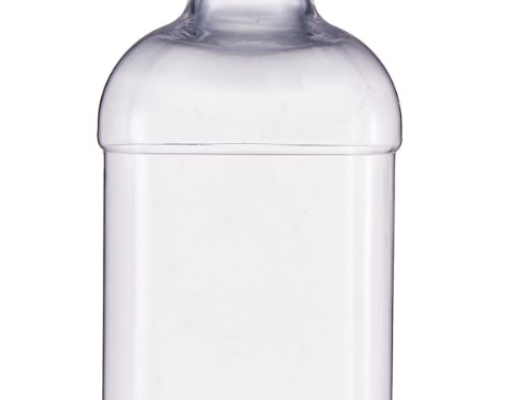
Suntory Partners with Seven Companies to Create Sustainable Bio-Paraxylene PET Bottles
November 07, 2024 – Global Beverage Giant Suntory Unveils World’s First Commercial Bio-Paraxylene PET Bottles from Waste Cooking Oil In a groundbreaking move, Japanese beverage conglomerate Suntory has announced the launch of PET bottles produced using bio-paraxylene derived from waste cooking oil, effective November 2024. This innovative initiative marks the debut of the world’s first…
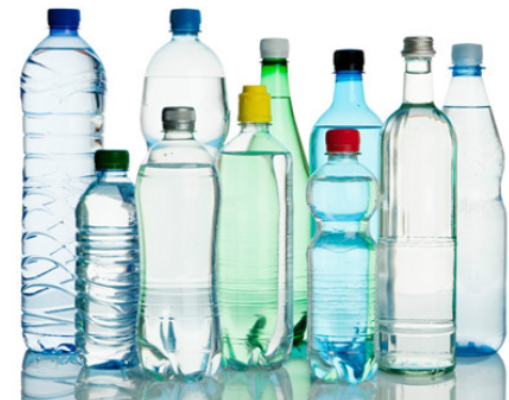
Asia’s Rise in the Global Bottle-Grade PET Industry
November 04, 2024 – The global bottle-grade PET industry is undergoing a significant transformation, with its focal point gradually shifting from Europe and the United States to Asia. As the industrial restructuring deepens, Asia has emerged as a hub for new and expanded bottle-grade PET projects. Despite limited growth in global polyester bottle chip capacity…
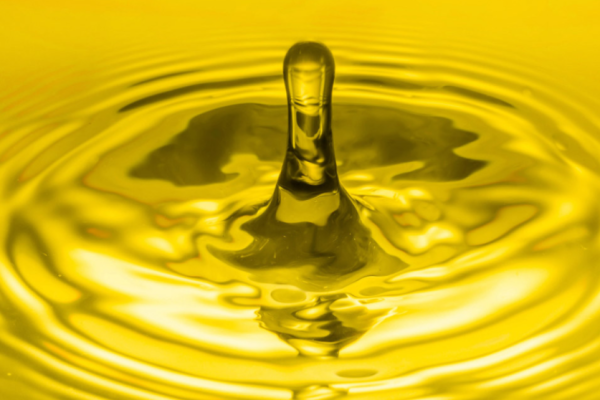
Suntory Unveils World’s First Bio-P-Xylene PET Bottle in Japan
October 30, 2024 – In a groundbreaking move, Japan’s Suntory Group has announced the launch of an innovative PET bottle made from bio-p-xylene derived from waste cooking oil, starting November this year. This marks the debut of the world’s first commercially available PET bottle utilizing bio-p-xylene, a material that significantly reduces carbon dioxide emissions compared…
Collaborative Milestone: Rewind®PET Process Package Patent Hits Global Market
October 28, 2024 – In a collaborative move that signals a significant advancement in the field of PET recycling, Japan Environment Planning Agency (JEPLAN), Axens, and IFP Energies nouvelles (IFPEN) have jointly announced the global launch of their comprehensive Rewind®PET process package patent. This milestone marks a breakthrough achievement for the partners within the scope…
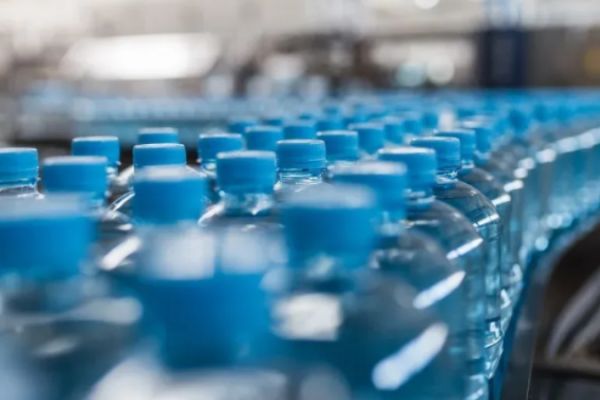
New Bacterial Strain Discovered for PET Plastic Degradation
October 27, 2024 – New Bacterial Strain Offers Hope in Battling Plastic Pollution The escalating issue of plastic pollution has become a pressing environmental challenge, with global plastic waste projections reaching an astonishing 33 billion tons by 2050. Microplastics and nanoplastics, due to their minuscule size and potential for biological ingestion, pose a significant threat…
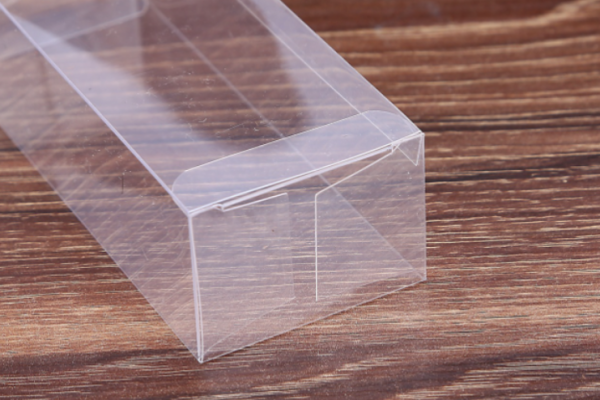
PET and PVC Packaging: Understanding the Differences
October 27, 2024 – Navigating the world of packaging materials can often feel like a daunting task, especially when faced with popular options like PET (polyethylene terephthalate) and PVC (polyvinyl chloride). Each material boasts its unique set of advantages and disadvantages, making the decision-making process all the more crucial. This article delves into the intricacies…













